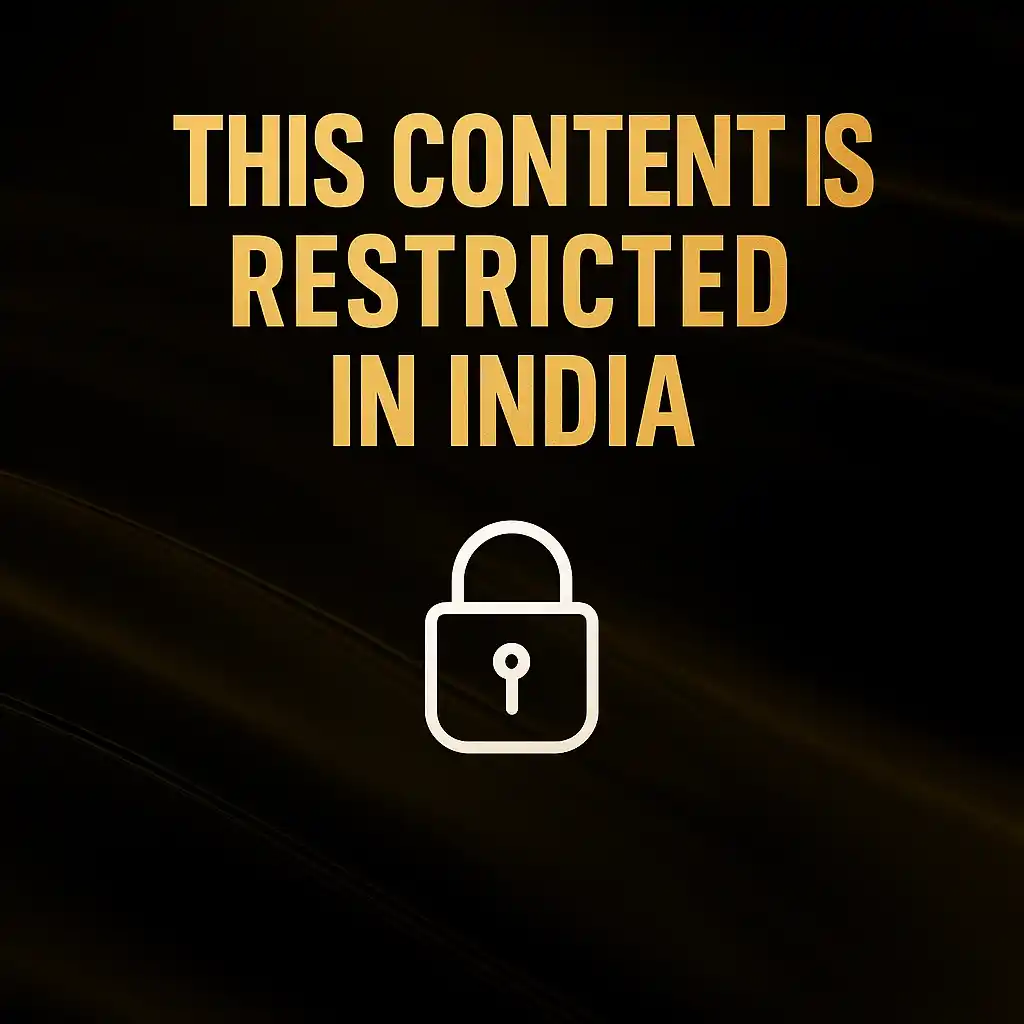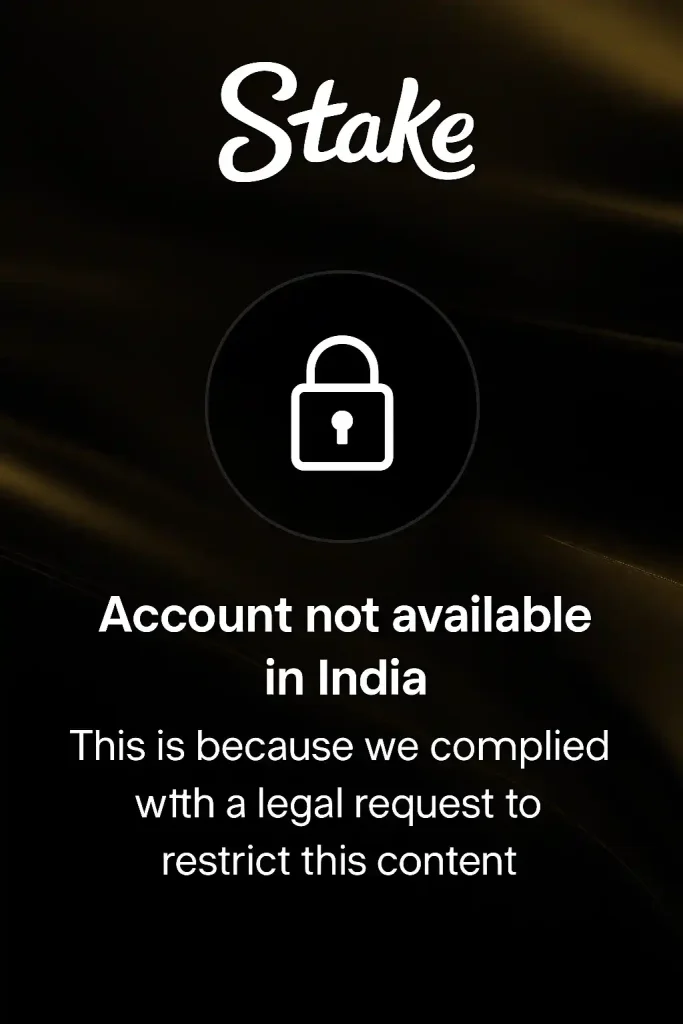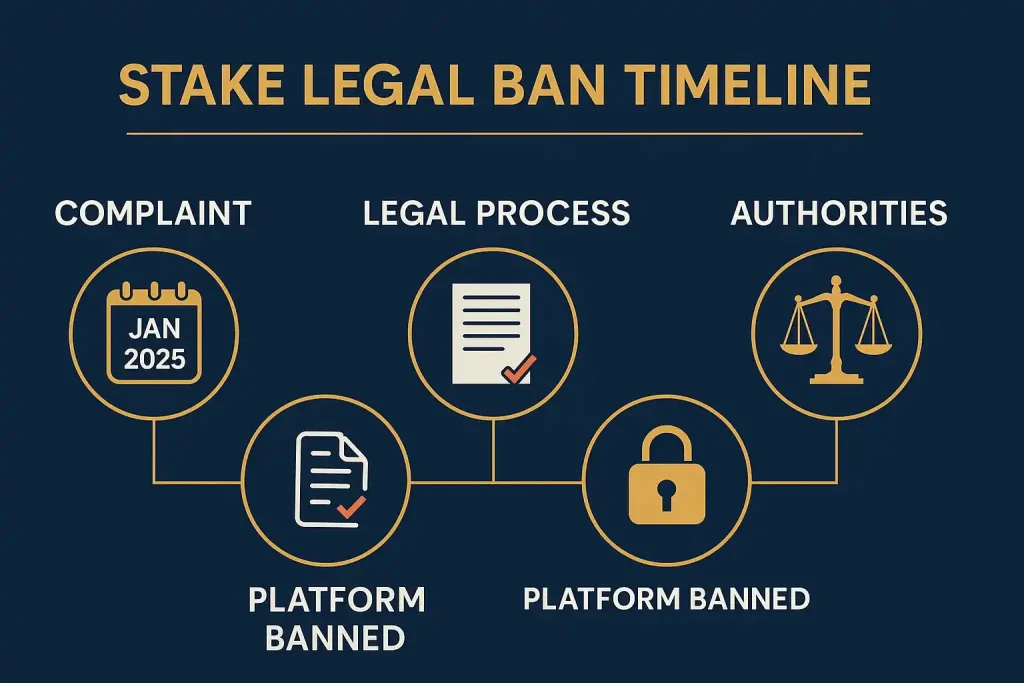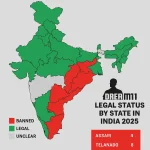
Imagine you wake up one day, get on your favorite gambling app, and boom – it’s vanished. Not a glitch. Not a server hiccup. Banned. That’s precisely what happened to thousands of Indians in November 2024 when the government of India revoked access to Stake, the worldwide online gambling and casino platform that was known more for its crypto gambling and celebrity endorsements like rapper Drake. This isn’t just one app; it is the implications of India’s digital shutoff on the whole online gaming ecosystem.
Stake’s Rise and Sudden Fall in India
If you’ve been anywhere near Twitter, Telegram, or the crypto gambling crowd over the last few years, you’ve heard of Stake. Founded in 2017, the platform carved out a niche by blending slick user experience with cryptocurrency betting — all under the umbrella of offshore regulation. In India, where laws around online gambling have been murky at best, Stake found fertile ground. No physical presence, no domestic licensing, and yet an aggressive user base willing to play big.
Until, of course, it wasn’t.
On November 5, 2024, users logging into Stake were met with a screen that read: “Account not available in India. This is because we complied with a legal request to restrict this content.” No prior notice. No appeals process. Just silence. The ban wasn’t limited to the app — even Stake’s social handles became inaccessible across major Indian networks. It was a clean sweep.
Why was Stake Banned In India?
This is the official reason: not following the rules and protecting the consumers. Non-compliance with ‘unapproved gambling’, overseas money transfer in the form of cryptocurrencies, and advertisement of gambling services without proper disclaimers were the primary stopping points. Insiders suggest that the complete ban is meant to control online gambling before it becomes increasingly difficult to monitor.
Here’s an overview of the primary legal components that constitute the ban:
| Reason | Government Justification |
| No Indian license | Violates state-wise gambling regulations |
| Crypto transactions | Potential violations of FEMA & RBI guidelines |
| Influencer promotions | No warning/disclaimer for betting-related risks |
| Data protection issues | App failed to comply with India’s new data storage protocols |
It’s worth noting that many similar platforms — Roobet, 1xBet, and even some real-money fantasy apps — are now under the scanner as well. Stake, due to its visibility and massive influencer partnerships, was simply the biggest target.

What the Stake Ban Reveals About India’s Online Gaming Landscape
India’s relationship with online betting is complicated. Technically, gambling is a state subject. Some states allow lotteries and rummy. Others ban everything that looks like a wager. Into this chaos stepped platforms like Stake — global, decentralized, and fast-moving. They offered sleek alternatives to clunky local casino apps. They accepted crypto. And they didn’t ask many questions.
But now, that model is crashing into India’s push for digital sovereignty.
With the Digital India Act in the works, and newer amendments to the IT Rules giving more teeth to regulators, the country is drawing firmer lines around what platforms can do — and how they must operate. Licensing, taxation, KYC norms, and ad guidelines are just the beginning. If Stake was a warning shot, more may follow.
Stake Users in India: Where Are Their Funds Held?
For users, their initial concern wasn’t the app going missing, but rather their wallets. Users had some crypto, staked tokens, and pending bets that would be classified as balances.
From what can be seen in community forums and through other users, as well as internal company sources:
- Withdrawals are currently being handled through email support systems.
- Increased KYC requirements must be met to access funds.
- Due to jurisdictional issues, cryptocurrency payouts are currently delayed.
Some affiliate partners have reported frozen commissions awaiting regulatory guidance.
| Action Taken by Stake | User Impact |
| Geo-blocking Indian IP addresses | App inaccessible without VPN |
| Pause on new signups | No new Indian accounts accepted |
| KYC upgrade requirements | Slower withdrawals, higher scrutiny |
| Token airdrops suspended | No promos for Indian-linked wallets |
For most casual players, this is more of an inconvenience. For high-rollers and crypto-linked VIPs, though, the impact is serious — and could potentially invite tax scrutiny if fund trails aren’t clearly reported.

What’s Next for Stake — and Other Global Gambling Apps?
Make no mistake: this isn’t the end of Stake’s ambitions in India. But it is a forced retreat. The company has yet to issue a full statement but is believed to be exploring:
- Legal arbitration via global digital trade channels
- A potential licensing alliance with an Indian partner
- Shifting focus to less-regulated markets in Southeast Asia and Latin America
What happens next could set a precedent. If India allows re-entry under a proper license and tax structure, it could open the floodgates for others to follow suit. If not, we may see more platforms blacklisted overnight.
Either way, the message is clear: if you want to operate in India, play by Indian rules.
Sir Stake’s Way: The Final Stretch Of An Era For An Expanding… Business
The disappearance of digital gambling in India is a glaring problem. It’s temporary, of course, but that absence alone tells us a lot. It indicates that the luxury period for unrestricted gambling is finished. For dual-purpose gamblers, affiliate advertising, and many startups hoping to grow, now is a moment to move on or change strategies.
It serves as yet another reminder that the Internet really is, in fact, temporary. However, for these companies, it serves as a slapping alert that’s powerful enough to change the whole betting industry.
What has occurred in gambling with Stake and other companies is not simply a piece of information. This is the inflection point.

Meet Arjun Kushaan, a passionate cricket analyst at The Cricket24x7. From street matches in his childhood to competitive college tournaments, cricket has always been a central part of Arjun’s life. With a strong background in data analysis and a natural affinity for numbers, he brings a fresh, analytical lens to the game. At The Cricket24x7, Arjun blends his deep love for cricket with his data-driven approach to deliver detailed insights and well-rounded coverage for fans of the sport.






